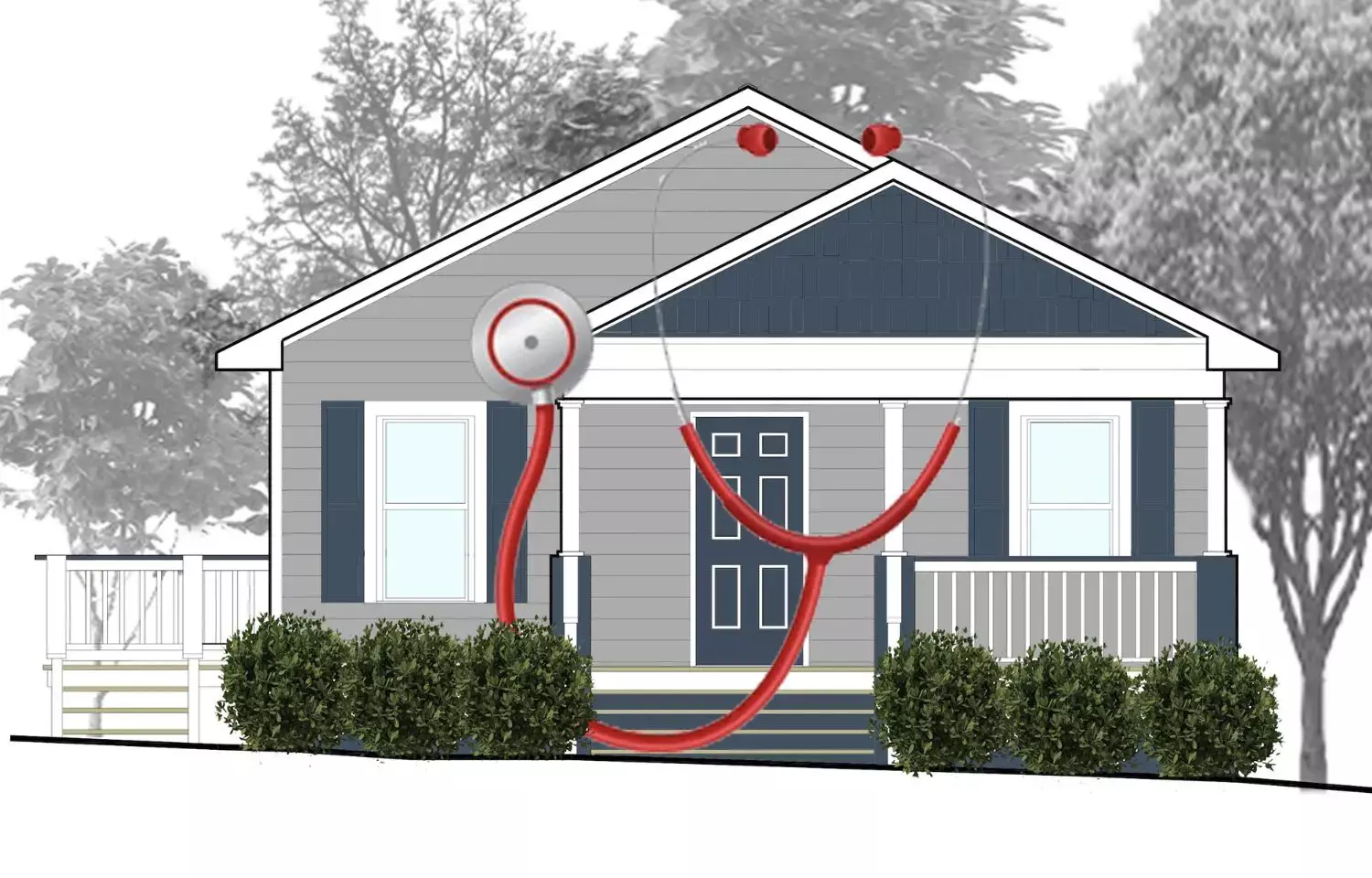- Home
- Medical news & Guidelines
- Anesthesiology
- Cardiology and CTVS
- Critical Care
- Dentistry
- Dermatology
- Diabetes and Endocrinology
- ENT
- Gastroenterology
- Medicine
- Nephrology
- Neurology
- Obstretics-Gynaecology
- Oncology
- Ophthalmology
- Orthopaedics
- Pediatrics-Neonatology
- Psychiatry
- Pulmonology
- Radiology
- Surgery
- Urology
- Laboratory Medicine
- Diet
- Nursing
- Paramedical
- Physiotherapy
- Health news
- Fact Check
- Bone Health Fact Check
- Brain Health Fact Check
- Cancer Related Fact Check
- Child Care Fact Check
- Dental and oral health fact check
- Diabetes and metabolic health fact check
- Diet and Nutrition Fact Check
- Eye and ENT Care Fact Check
- Fitness fact check
- Gut health fact check
- Heart health fact check
- Kidney health fact check
- Medical education fact check
- Men's health fact check
- Respiratory fact check
- Skin and hair care fact check
- Vaccine and Immunization fact check
- Women's health fact check
- AYUSH
- State News
- Andaman and Nicobar Islands
- Andhra Pradesh
- Arunachal Pradesh
- Assam
- Bihar
- Chandigarh
- Chattisgarh
- Dadra and Nagar Haveli
- Daman and Diu
- Delhi
- Goa
- Gujarat
- Haryana
- Himachal Pradesh
- Jammu & Kashmir
- Jharkhand
- Karnataka
- Kerala
- Ladakh
- Lakshadweep
- Madhya Pradesh
- Maharashtra
- Manipur
- Meghalaya
- Mizoram
- Nagaland
- Odisha
- Puducherry
- Punjab
- Rajasthan
- Sikkim
- Tamil Nadu
- Telangana
- Tripura
- Uttar Pradesh
- Uttrakhand
- West Bengal
- Medical Education
- Industry
Affordable housing associated with reduced likelihood of uncontrolled diabetes: JAMA

USA: Receiving housing rental assistance is associated with improved diabetes outcomes among middle-aged and older adults, reports an article published in the JAMA Network Open.
The worldwide crisis of affordable housing has increasingly strained the ability of low-income families to obtain decent and stable housing. Health and health-related problems result from a complex interplay of several factors, including social determinants of health. Unaffordable, unsafe, and unstable housing has negative consequences on the health of an individual. Frequent moves and high rent burdens have been associated with an increased risk of diabetes and can make it more difficult to manage chronic conditions such as diabetes that require complex behaviors, adherence to medications, and regular health care visits.
"To our knowledge, no quantitative studies have examined whether rental assistance is associated with improved glycemia and related diabetes outcomes, although qualitative evidence suggests that rental assistance may facilitate diabetes management," the authors wrote.
Andrew Fenelon, Penn State University, Pennsylvania, USA, and his team conducted a study to assess whether 2 different types of federal rental assistance programs are associated with glycated hemoglobin A1c (HbA1c) levels among middle-aged and older adults.
Investigators used data from 1050 adults(41.6% aged ≥65 years; 70.1% female) from the National Health and Nutrition Examination Survey (NHANES). Of all,795 were receiving rental assistance at the time of the NHANES interview (450 lived in project-based housing, and 345 had housing vouchers), and 255 received rental assistance within 2 years after the interview. The primary outcome was a continuous HbA1c level. Linear regression was used to estimate the association between the 2 rental assistance programs and the HbA1c level. Logistic regression was used to assess the association between rental assistance programs and HbA1c cut points (prediabetes: 5.7% to ≤6.5%; diabetes: >6.5%; uncontrolled diabetes: ≥9).
Key findings of the study,
• Participants in project-based housing had lower HbA1c levels compared with individuals in the waitlist group, but the difference was not significant.
• There were no significant differences in HbA1c levels between those receiving housing vouchers and those in the waitlist group.
• Receiving project-based housing was associated with a reduced likelihood of uncontrolled diabetes (−3.7 percentage points) compared with being in the waitlist group.
The investigators conclude that participants who were receiving rental assistance through project-based housing were less likely to have an HbA1c level indicating uncontrolled diabetes compared with participants who would receive project-based housing within 2 years. Significant associations were not found for housing vouchers. Thus, affordable housing programs may be associated with improved diabetes outcomes.
The study findings suggest that the mobility benefits of housing vouchers may need to be balanced against the increasing evidence for the health benefits of project-based housing.
Reference:
Fenelon A, Lipska KJ, Denary W, et al. Association Between Rental Assistance Programs and Hemoglobin A1c Levels Among US Adults. JAMA Netw Open. 2022;5(7):e2222385. doi:10.1001/jamanetworkopen.2022.22385
BDS
Dr. Hiral patel (BDS) has completed BDS from Gujarat University, Baroda. She has worked in private dental steup for 8years and is currently a consulting general dentist in mumbai. She has recently completed her advanced PG diploma in clinical research and pharmacovigilance. She is passionate about writing and loves to read, analyses and write informative medical content for readers. She can be contacted at editorial@medicaldialogues.in.
Dr Kamal Kant Kohli-MBBS, DTCD- a chest specialist with more than 30 years of practice and a flair for writing clinical articles, Dr Kamal Kant Kohli joined Medical Dialogues as a Chief Editor of Medical News. Besides writing articles, as an editor, he proofreads and verifies all the medical content published on Medical Dialogues including those coming from journals, studies,medical conferences,guidelines etc. Email: drkohli@medicaldialogues.in. Contact no. 011-43720751


